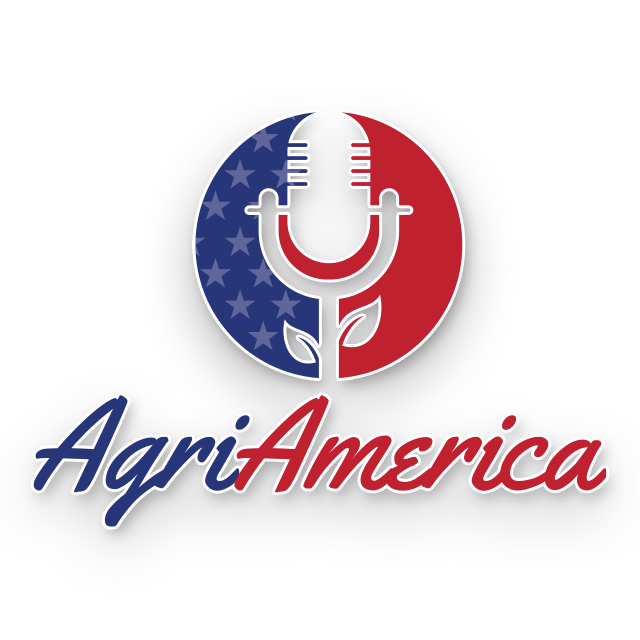stratagerm.com
The Grower & The Economist
Peter Konjoian (Grower) & Michelle Klieger (Economist) share expert insights to help small and medium-sized growers adjust to the rapidly changing farm and food landscape as well as increase the productivity and profitability of their operation. We are one part grower and one part business just like your business.
Edited by Katelyn Parsons
